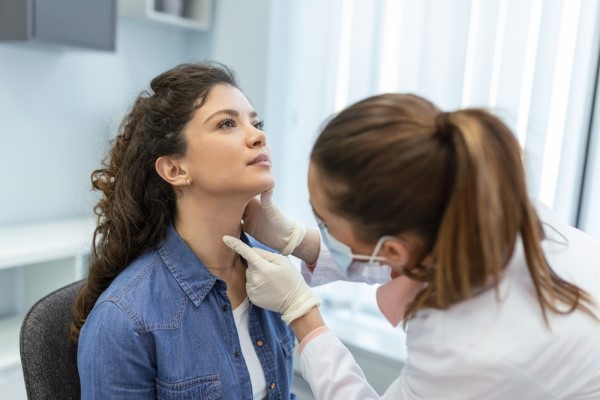What Happens During a Physical Exam?

You should consider visiting a doctor at least once a year for a physical exam. The purpose of this checkup is to make sure that you are in excellent health, plus it is a preventive measure that allows the doctor to catch the initial signs of many serious conditions before things worsen.
What to expect during a physical exam
Here are some basic things to expect during a physical exam:
1. The doctor will ask many questions
At the beginning of a physical exam, the doctor will ask questions related to your medical history, current lifestyle behaviors and vaccination status. This is also the perfect time for you to express complaints about any ailments or other health concerns.
2. Vital signs are checked
The next thing that a doctor checks during a physical exam are vital signs. These include temperature, blood pressure, respiration rate and heart rate.
3. Evaluating your physical appearance
A doctor examines the skin and hair to look out for any signs of illness. You can mention things like weight loss as well during this time.
4. Check the muscles and organs
Using a stethoscope, a doctor listens to the heart and lungs to detect the signs of a heart murmur, heart disease and reduced breathing sounds. They also use it to listen for bowel sounds or fluids in the stomach.
5. Look over your head and neck
During this procedure, the doctor examines your tonsils, gums, teeth, eyes, ears, carotid arteries and nose. This is when you stick out your tongue and say, “Ahh.”
6. Samples might be taken and sent to a lab
Sometimes, a doctor takes a blood, plasma or urine sample for lab tests. These tests help to detect immune system, organ and blood chemistry issues. You might need to go through a thyroid or diabetes screening as well.
Male Physical Exam
A male patient has to go through a testicular exam, a prostate cancer screening and a cholesterol test. During a testicular exam, a doctor checks for lumps, changes in size and tenderness. Many medical professionals recommend that men begin prostate cancer screening at age 40 or 50, depending on family history. Men should start a cholesterol screening at 35 or even at 20 if they possess a genetic predisposition to heart disease or diabetes.
Female Physical Exam
A female patient will need to go through a mammogram, a Pap smear and a pelvic exam. She should get a mammogram between the ages of 50 and 74 every couple of years. A Pap smear screens for cervical cancer. Patients should begin getting Pap smears at 21 and continue to get one every three years. At 30, a woman should get one every five years until she reaches 65.
Where can you get a physical exam?
In the past, the only place to go for a physical was the doctor’s office. This involved scheduling appointments far in advance to secure your opening. However, that is no longer the only option.
You can visit our Seiling urgent care clinic for all your physical exams and other medical needs. With urgent care, you can make an appointment or even walk in for immediate issues.
Call us today at (580) 922-4406 for more information from Janey L Hammons NP-C.
Check out what others are saying about our services on Yelp: Read our Yelp reviews.
Recent Posts
Women's health exams help ensure overall health while screening for conditions and health risks. Not only will the doctor help with any current symptoms, but they can also screen for conditions like breast and cervical cancer in otherwise healthy patients. Despite the importance of these exams, it is common to feel uncomfortable about receiving them.…
Adult sick visits help with sudden medical needs in between checkups. Mild to moderate illness or injury does not always get better with home care alone. When this happens, adult sick visits can help people feel better faster and get back to their lives.Adult sick visits are appointments patients make with a doctor when they…
Sports physicals, or preparticipation physical evaluations (PE), are necessary to ensure a young athlete's safety when performing their chosen sport. Though they may seem intimidating, these evaluations can greatly improve athletes' chances of qualifying for their desired sport and help them better adjust to pain points within their performance and body. Learning what to expect…
A general practitioner, or GP, can help patients with acute and chronic health conditions. They can provide referrals to specialists and other healthcare providers, as well. Learn about the many services you can find at a general practitioner’s office.General practitioners are often referred to as primary care providers, or PCPs, as they serve as a…


